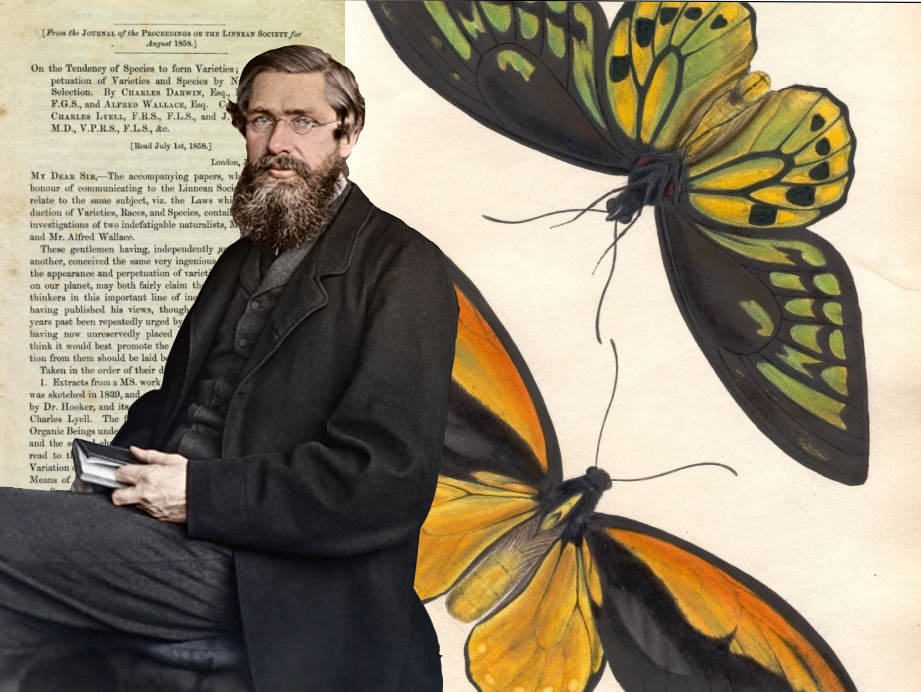Tuesday, October 8th
Alfred Russel Wallace: Insects and the Discovery of Evolution
Andrew Berry
Assistant Head Tutor of Integrative Biology
Lecturer on Organismic & Evolutionary Biology
Harvard University
In 1908, at an event to mark the 50th anniversary of the publication of the theory of evolution by natural selection by Charles Darwin and Alfred Russel Wallace, Wallace addressed a simple question: why did it fall to him and Darwin (who had died a long time previously, in 1882) to make the discovery? Why had the simple insight that is natural selection not occurred to other arguably more penetrating contemporary thinkers? Wallace’s answer: Beetles. Both he and Darwin started their careers as naturalists as avid beetle collectors. Historians of science have traditionally dismissed this claim as a typical instance of Wallace’s modesty, but I will argue that in fact studies of beetles — and other groups of insects — did indeed provide the scientific foundation of the Darwin-Wallace theory.
Tuesday, April 8, 2014
7:30 PM
American Butterfly Systematists and the Natural History Tradition
MCZ 101, 26 Oxford Street, Harvard University
 Prof. William Leach
Prof. William Leach
Columbia University
If we want to understand why Americans started to collect and study butterflies in the 19th century, we must first understand the evolution of natural history itself. Originating in Europe and England, natural history acted as a language of interpretation and as a way of understanding nature that opened it up. It revealed to Americans what butterflies were all about and why they mattered and were worthy of study and reflection. By the 1870s a brilliant group of American butterfly men had emerged, their ideas forged within the heart of this tradition. They made a profound contribution to natural history, bringing to it a radical Darwinian analysis and a passion for life histories perhaps unrivaled by any of their contemporaries. This talk will examine the character of natural history in America between 1865 and 1885 and the way men such as William Henry Edwards, Benjamin Walsh, (former CEC president) Samuel Scudder, Herman Strecker, Augustus Radcliffe Grote, and William Doherty transformed and enriched it.
The talk is free and open to the public. The meeting is readily accessible via public transportation. Parking is available in the Oxford Street Garage with advance arrangement, as described here, or (usually but not always) at spaces on nearby streets. Everyone is also welcome to join us for dinner before the talk (beginning at 6:00 PM) at Cambridge Common restaurant, on 1667 Massachusetts Ave.
CEC meetings are held the second Tuesday of the month from October through May. The evening schedule typically includes an informal dinner (6:00 to 7:15 PM) followed by our formal meeting (7:30 – 9:00 PM). The latter begins with club business and is followed by a 50 minute entomology related presentation. Membership is open to amateur and professional entomologists.




